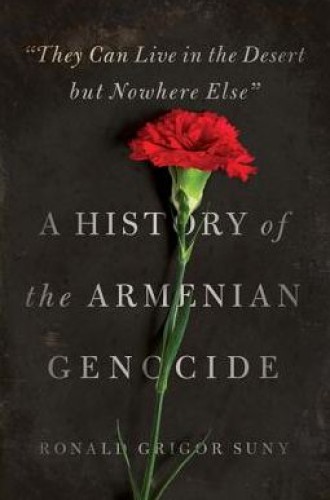“They Can Live in the Desert but Nowhere Else,” by Ronald Grigor Suny
A century ago, at the height of World War I, the Ottoman Empire decided to eliminate its substantial minority of Armenian Christians. In the ensuing massacres and deportations, at least a million people died, probably more. Outside Turkey few deny the scale of the violence or the intent of the perpetrators. This was a deliberate genocide, comparable in kind to the Jewish Shoah of the 1940s.
Beyond that bare fact, much remains to be debated. Above all, why did the Turks make such an appalling decision when the Armenians had for so long been productive and loyal imperial subjects? Had the genocide been plotted for decades beforehand, or did it arise from circumstances immediately surrounding the final decision? (That debate is, of course, familiar to scholars of Nazi atrocities against the Jews.) What role, if any, did Islam play in the violence, which was overwhelmingly committed by Muslim soldiers and militias against a solidly Christian populace?
Making that question more acute is the comparable violence that the regime inflicted in these same years on some other Christian minorities, especially the Assyrians. Should we classify such actions alongside other acts of jihad against unbelievers? The regime that ordered the massacres was anything but Islamist, and since the coup of 1908 it had been committed to a speedy modernization of the crumbling empire. Should we attribute the crime to fundamentalist religion or to intolerant modernizing nationalism?




